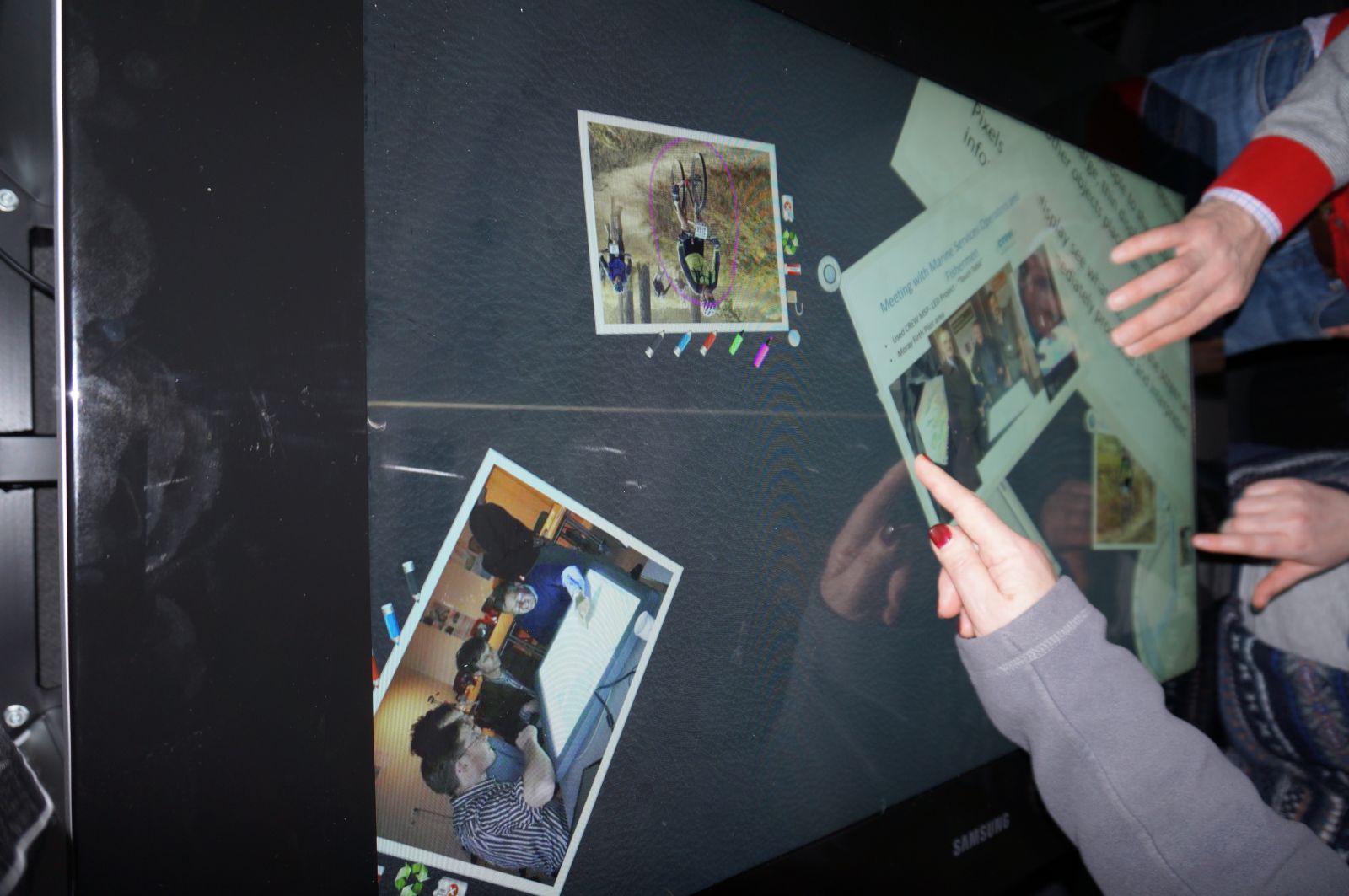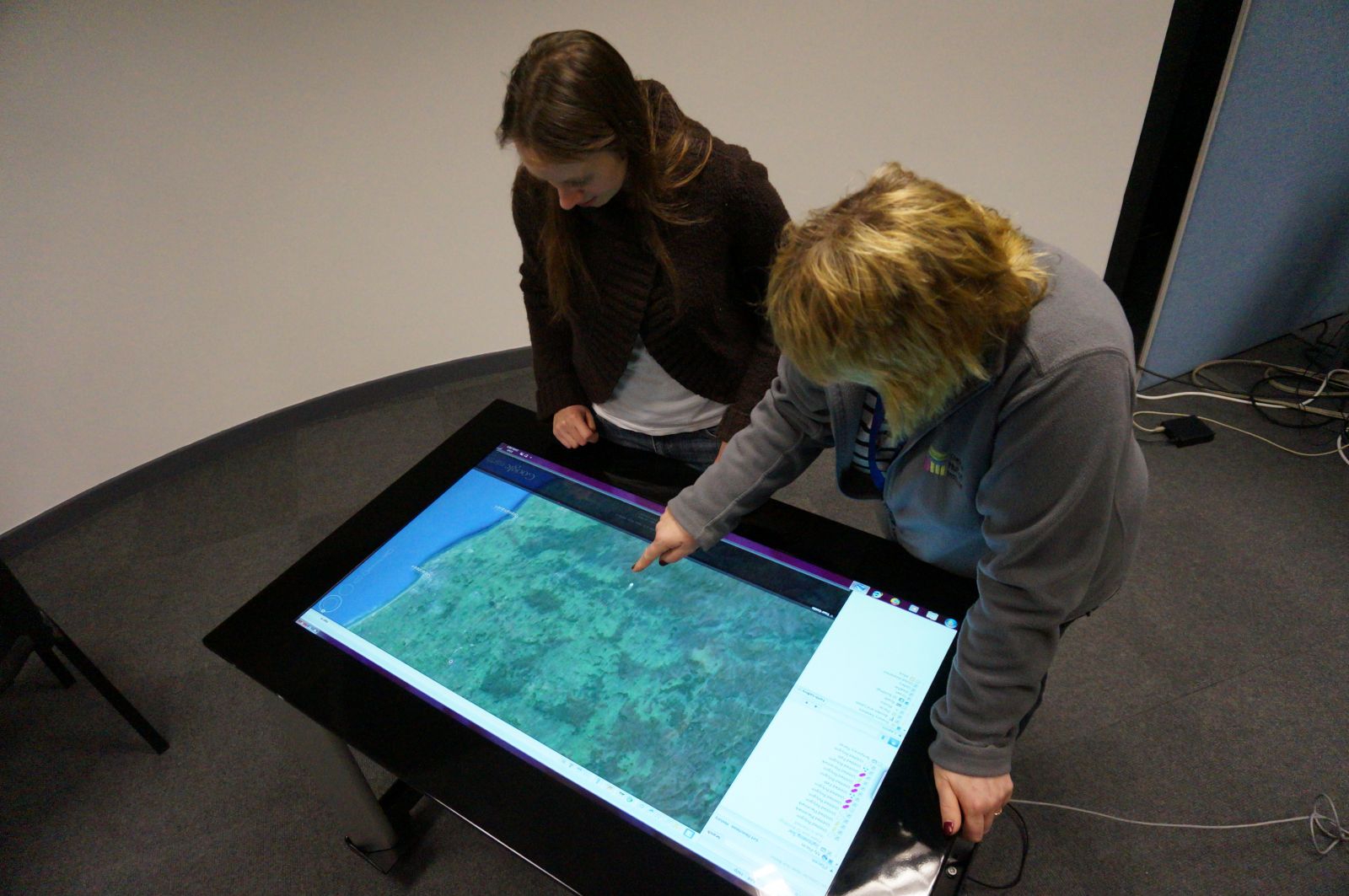You are here
Pre-congress Demonstrations
During the pre-congress event there will be opportunities for hands on demonstrations with a number of innovative digital and visual technologies which are being used within social research. These will include:
Landscape and marine visualisation utilising virtual reality headsets
Gillian Donaldson-Selby (James Hutton Institute) has been undertaking research into landscape and marine visualisation utilising Oculus Rift virtual reality (VR) headsets. The purpose of the research is to evaluate the effectiveness of VR headsets and their applications in land and seascape envisioning for the purpose of planning and public participation.
Buildings and cultural artefacts seen through 3D HD Laser Scanning and interactive 3D virtual models.
Richard Laing and Elizabeth Tait (Robert Gordon University) have been undertaking research concerning the use of IT based visualisation and the built heritage. This has been supported through projects funded by the EPSRC and HLF, with technology including 3D HD Laser Scanning and interactive 3D virtual models. The research has demonstrated how such visualisation techniques can help to draw participants into cultural and social research, and help to present buildings and cultural artefacts in ways which encourage fresh ideas and viewpoints.
Walking in someone else’s shoes? Doing mobile video ethnography with minicam
Katrina Brown (James Hutton Institute) will introduce minicam video technology and talk through how Hutton researchers have used it to deepen their understanding of a range of social practices. It will explain the three-stage process through which we enrol the camera and images in relation to bodies and movement, and how we situate these in relation to places, spaces and discursive practices. We will consider the work different human and non-human actors do in creating, viewing and responding to images, and discuss some of the practical choices that have to be made about how to enrol the technology.
Using a touchtable to share and explore walking routes
Anna Conniff, Kathryn Colley and Katherine Irvine (James Hutton Institute) are currently conducting a pilot study to explore use of a touchtable in enabling people to view and discuss their recreational walks. Touchtables have been shown to be useful tools in participatory planning activities, and the wider aim of this research is to investigate whether group sessions around the touchtable can lead to a richer shared understanding of the landscape, and encourage people to explore areas new to them. Below are some photos of the touchtable 'in action':




.jpg)




